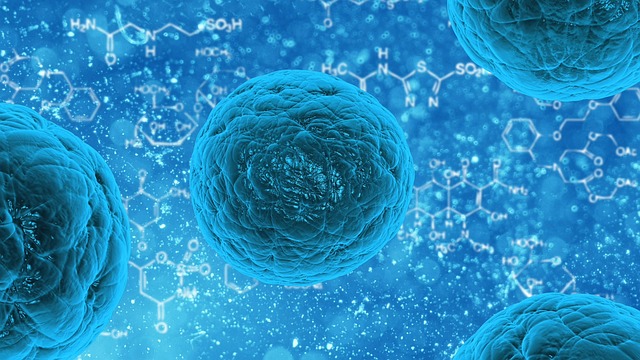These past months, two publications have shared a discovery in the field of stem cells: the possibility to extract and conserve, in an undifferentiated state, embryonic totipotent stem cells, while the ones currently used in research are pluripotent. The first study, led by the Salk Institute by American and Chinese researchers, as was the second funded by the Cambridge Welcome Trust Sanger Institute, was led on embryonic stem cells taken from mice. Jacques Suaudeau has commented these results for Gènéthique.
Gènéthique: How would you define this new type of stem cells?
Jacques Suaudeau: Ordinary murine embryonic stem cells can produce any cell of the organism, including germ cells, but they cannot differentiate into extra-embryonic tissue cells because they are already “primed” towards differentiation. The generative abilities of the “engaged”, non “naive” human embryonic stem cells currently used in research are inferior to mice’s.
By blocking the signalling pathways which intervene in the differentiation of embryonic stem cells (MAPK, SrC et Wnt/Hippo), the authors were able to prevent all differentiation of mice embryonic stem cells taken from very young embryos. For this, they developed a culture medium containing the signalling pathways spoken of above, through which they pass the cells five times. Thus treated, they can then differentiate into all types of cells of the organism, including extra-embryonic tissue cells (membranes, placenta). In terms of potential, they are therefore truly “totipotent”, while “ordinary” mice embryonic stem cells are simply “pluripotent”.
G: What is the scope of this discovery?
JS: Without contest, this is progress, but still in its first stages. We still do not know whether these cells will really be of more interest than “ordinary” embryonic stem cells or induced pluripotent stem cells. We also need to check whether this model can be applied to human embryonic stem cells. It is too soon to say for certain, but such “expanded” stem cells should be much more effective and, for example, help obtain more gametes. It is a good result but with still very theoretical consequences.
G: Do these expanded stem cells come with new ethical risks.
JS: For the moment, this technical progress changes nothing on an ethical level. The risk in the long term is that it could encourage more clinical research using human embryonic stem cells, and could make it easier to obtain gametes from pluripotent cells (human embryonic stem cells or ips) become totipotent.

